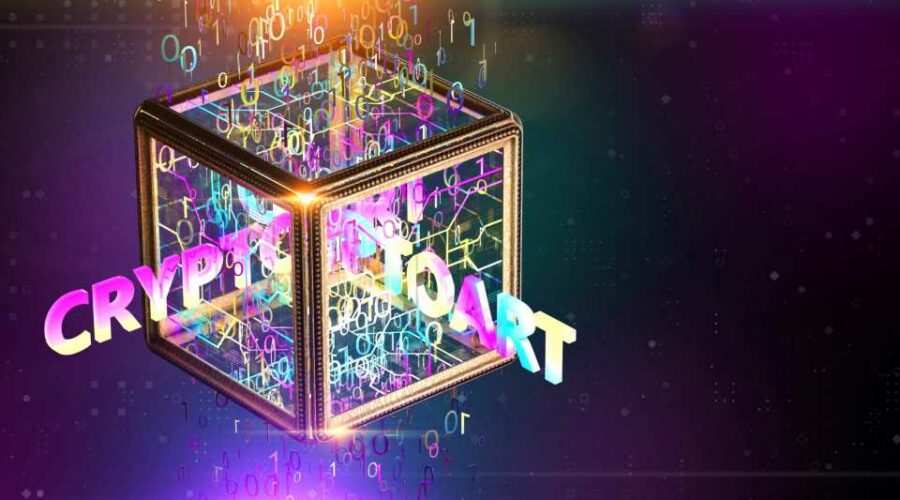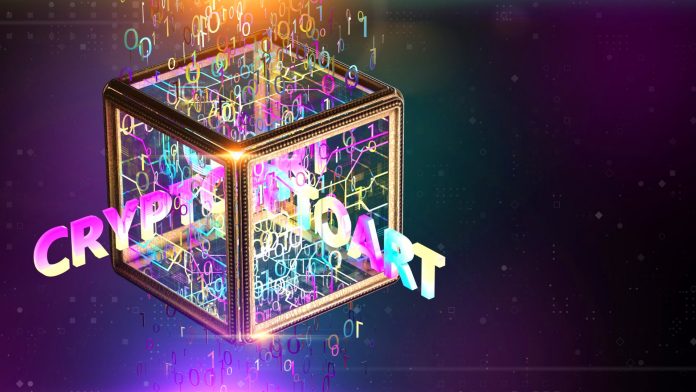Here’s How You Can Turn Your Art Into NFTs
Art is the general application for NFTs, and it is no surprise that more creators are attracted to its perquisites. NFTs have introduced a new way to monetize art, register, and protect the ownership of virtual and physical art pieces. And they have also given new communities access to artistic works.
However, how can you turn your art into NFTs? Do you need to know how to code to make an NFT? Well, you need to know a couple of things before you start, but programming isn’t one of them.
Contents
- 1 Factors to Consider Before Turning Your Art Into NFT
- 2 Choose the Right NFT Platform
- 3 Create a Crypto Wallet
- 4 Buy Cryptocurrency
- 5 Initiating the Minting Process
Factors to Consider Before Turning Your Art Into NFT
The process of developing an NFT is not difficult, expensive, or technical. All you need is the artistic ability and a computer. To turn a physical piece of art into an NFT, you would need to consider the following: the size of the artwork; the technique used in making the art, whether engraving, painting, etc.; and the canvas, be it metal, wood, or a wall in the case of graffiti.
You can use specially made 2D scanners to scan the work for canvases that are small and easy to carry. After that, you can use a graphic editing program like Adobe Photoshop, Microsoft Paint, or CorelDraw to fix the colors to look just like the original.
Choose the Right NFT Platform
You will then need to find a crypto wallet and an NFT platform that offers tokenization. Identifying the best NFT platform depends on the file formats it supports, the crypto wallets it works with, how easy it is for users to access, and how much it costs to mint an NFT.
As an artist, it is also essential to know whether an NFT platform is curated or self-service-based. Artists can use self-service platforms for free if they sign up with a crypto wallet and pay the cost of minting the NFT. Examples of self-service NFT platforms include OpenSea, Magic Eden, and Nifty Gateway.
On the other hand, curated platforms are more selective about their artists. Before signing up and selling your art on these platforms, you must fill out an application that includes information about your NFT catalog and previous art experience.
Create a Crypto Wallet
You will need a cryptocurrency wallet to sign transactions, maintain the balance of your digital funds, and access NFT platforms. Some of the more commonly used wallets include MetaMask, Coinbase, WalletConnect, and Portis.
Buy Cryptocurrency
Payments on all NFT platforms are made using cryptocurrency. And because the Ethereum network is the most popular blockchain for making NFTs, Ether (ETH), its native token, is the most widely accepted digital currency in the NFT space. So make sure to stock your crypto wallet with some ETH.
Initiating the Minting Process
Upon putting some crypto into your wallet and connecting it to the NFT platform of your choice, you’ll need to upload the scanned file of the art you wish to tokenize onto the platform with a title and short description. Most NFT platforms have a “create” button on their user interfaces that lets you turn artwork into an NFT in a process known as minting.
Minting will commence once you’ve signed your artwork and paid the transaction fees.
After the transaction is confirmed on the blockchain, the new NFTs will appear on your profile, ready for viewing by the public. And hopefully, people will like them enough to buy them.
Disclosure: This is not trading or investment advice. Always do your research before buying any cryptocurrency or investing in any projects.
Follow us on Twitter @nulltxnews to stay updated with the latest Crypto, NFT, AI, Cybersecurity, and Metaverse news!
Image Source: archy13/123RF
Source: Read Full Article


